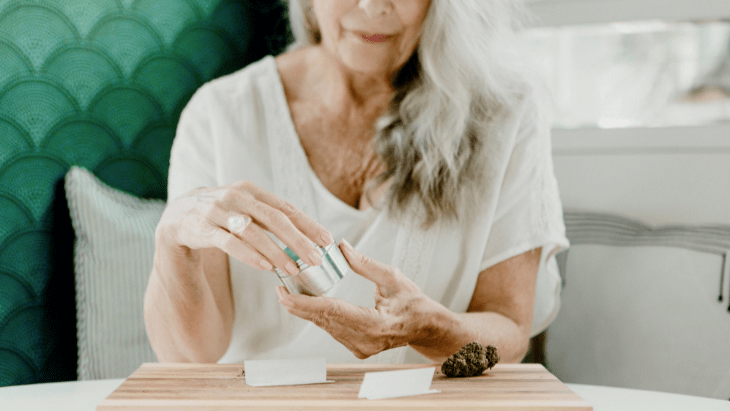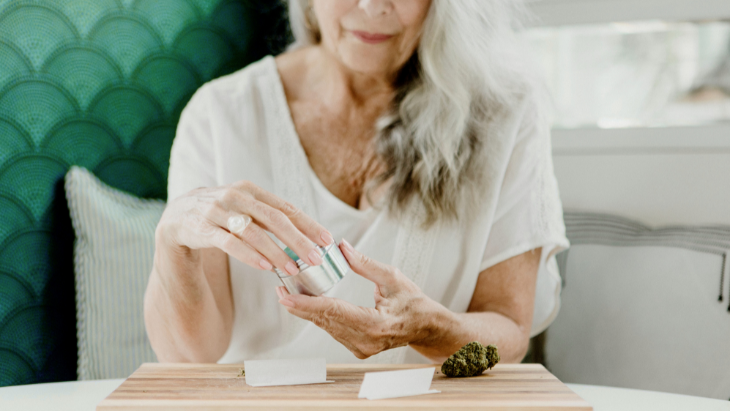
Roughly one in five older adults acknowledge having consumed cannabis over the past year, according to survey data provided by the University of Michigan’s National Poll on Healthy Aging and AARP.
Specifically, 21 percent of respondents over the age of 50 said that they consumed cannabis. Over 60 percent of consumers acknowledged using it to relax, help with sleep, or relieve pain. However, fewer than half of them have discussed their use with their health care providers.
The findings represent an uptick from past years, but are consistent with more recent survey data reporting that 20 percent of adults in their fifties and sixties are using cannabis.
Commenting on the findings, NORML Deputy Director Paul Armentano said: “It is not surprising that a rising percentage of adults consider cannabis to be a viable option in their later years. Many older adults struggle with pain, anxiety, restless sleep, and other conditions for which cannabis products often mitigate. Many older adults are also well aware of the litany of serious adverse side-effects associated with available prescription drugs, like opioids or sleep aids, and they perceive medical cannabis to be a practical and potentially safer alternative.”
Separate data published earlier this year found that most older adults possess positive perceptions about cannabis, and several recent studies show that marijuana use is typically associated with quality of life improvements in seniors.
Additional information is available from NORML’s fact-sheet, ‘Cannabis Use by Older Populations.’
Related
Medical Disclaimer:
The information provided in these blog posts is intended for general informational and educational purposes only. It is not a substitute for professional medical advice, diagnosis, or treatment. Always seek the advice of your physician or other qualified healthcare provider with any questions you may have regarding a medical condition. The use of any information provided in these blog posts is solely at your own risk. The authors and the website do not recommend or endorse any specific products, treatments, or procedures mentioned. Reliance on any information in these blog posts is solely at your own discretion.






